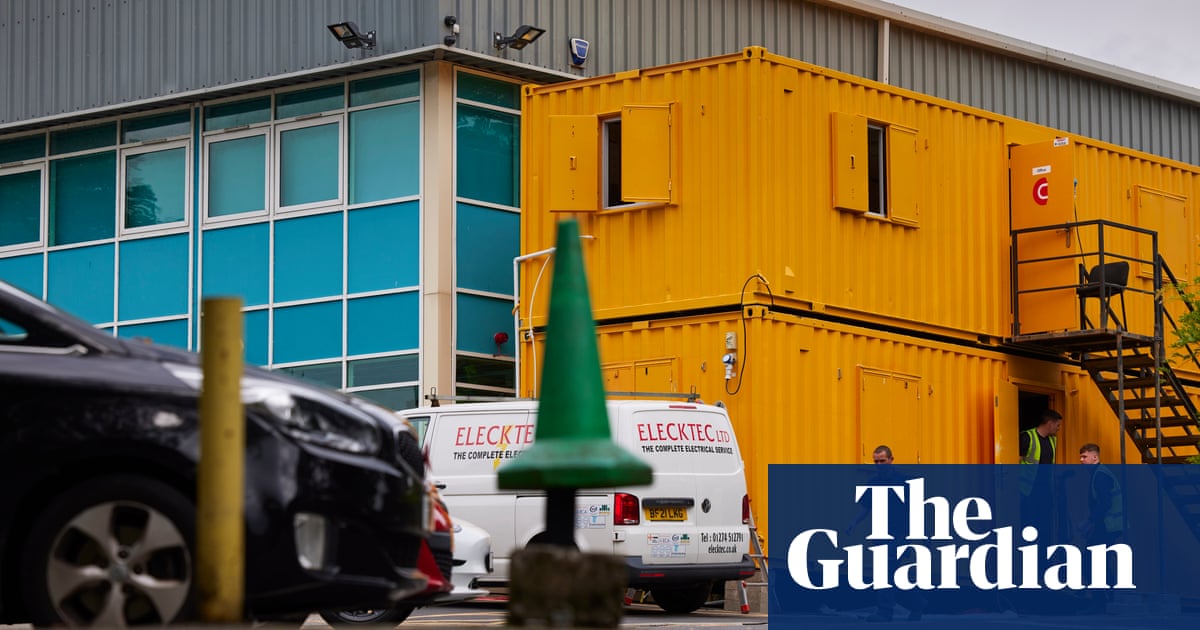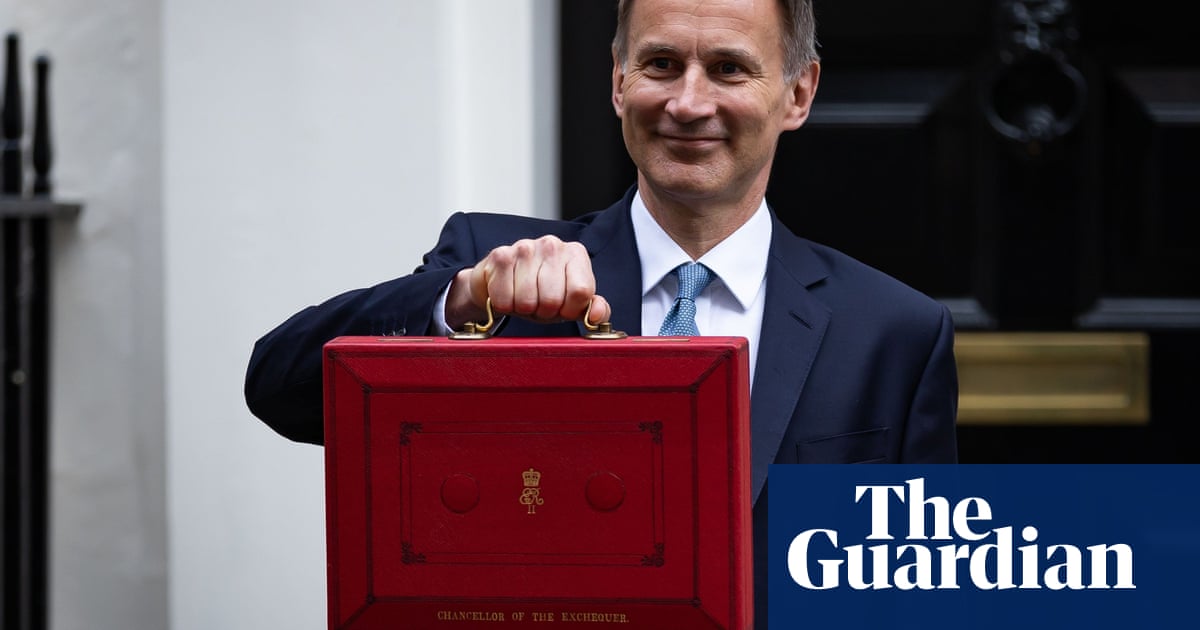
Jeremy Hunt has promised to “spend what it takes” to deal with the crumbling concrete crisis, as he admitted ministers were also responding to fears the problem was compounded by the longstanding asbestos problem in schools.
Asbestos, which is believed may be present in some of the same buildings affected by reinforced autoclaved aerated concrete (Raac), could complicate the issue as the government faces increasing pressure to reveal the full list of schools containing the concrete.
There are growing demands for transparency over the extent of the consequences of Raac in public buildings on the weekend before millions of children are due to return to classes after the summer holidays.
Experts have warned that the crisis may not be limited to the education sector, with the material also known to be present in hospitals, court buildings and Department for Work and Pensions facilities.
Speaking on Sunday morning, Hunt said the government would act “whether it is Raac or the wider asbestos issue”.
The chancellor told Sky News that for a third of 156 schools there was recent information about mitigations made “immediately”, adding: “The majority of the remaining 100 or so, they are able to operate largely normally.”
Asked if parents could be confident their child would be safe, he said: “We are doing everything we can to make sure that is the case. We can absolutely promise that the government will take action immediately when we know there is any kind of risk.”
He added: “The moment the education secretary has heard about any problem in a school, any risk to children, she has acted.
“And we have 22,000 schools in the country and there has been since that incident a huge programme going through this Raac/asbestos issue because we want to be absolutely sure that every child is safe.
“And we have then made sure as soon as we have information of any risk that something is done to mitigate that risk.”
Hunt, who later told the BBC that the government would “spend what it takes to sort out this problem as quickly as possible”, denied the problem could cause a repeat of lockdown-style teaching, where substantial numbers of children missed out on attending classes for long periods of time.
The Department for Education has surveyed schools in England about the presence of asbestos, and the latest results this year found it was identified by about 16,000 schools, or 80% of those that responded.
Although the widespread use of asbestos was curtailed from the 1980s onwards, the National Audit Office has advised that only schools built since 2000 can be considered clear.
Patrick Roach, the general secretary of the NASUWT teaching union, which has long warned of the dangers of asbestos in schools, said: “The reality is that safety is paramount. Everything and anything that can be done has to be done to ensure that schools are safe, that schools can remain open safely, and that pupils can be in school being taught by their teachers, in the confidence that the ceiling is not going to cave in.
“What we are saying is that the government has got to learn some lessons here. But the reality is that we have seen real cuts to school building and refurbishment programmes.”
The education secretary, Gillian Keegan, used a column in the Sun to try to dispel the same fears as she said there was “no choice” other than to make closures after a “handful of cases” where Raac had failed.
“We all have to make difficult decisions in life and responsible government is about getting them right. That means looking at evidence and acting, even when the trade-offs are significant,” said Keegan.
“That’s the position I faced when new evidence was presented to me indicating concrete which forms part of certain school buildings was no longer safe. I want to reassure families that this is not a return to the dark days of school lockdowns.”
Keegan was ridiculed for not making herself available for interviews, and instead put out a video produced by the Department for Education in which she answered what she said were “commonly asked questions”, over a trance music soundtrack.
The children’s commissioner, Dame Rachel de Souza, criticised the response to problems with school buildings, saying: “We knew the stock was in this situation.”
She told the BBC’s Sunday with Laura Kuenssberg programme: “I am extremely disappointed and frustrated that there wasn’t a plan in place.
“We are now in this mess and we need safety for absolutely every child, particularly for the most vulnerable, children in special schools, looked after children, making sure they are communicated with and that they can start school. We have learned from the Covid pandemic. The worst thing that we did was keep children away from school.”
Labour, which is planning to force a vote when parliament returns this week to compel the government to reveal the extent to which reinforced Raac is affecting public buildings, demanded an “urgent audit” of the public sector estate on the impact of the material.
“Ministers need to come clean, be upfront and be honest with parents about what we’re facing right now,” said the shadow education secretary, Bridget Phillipson.
“I think we need to be upfront, have that full list, and be absolutely clear about what’s going on and if we need further surveys to take place in order to determine the full scale of what’s happened then so be it.”
However, Phillipson refused to commit to Labour spending more money on building schools than the government, insisting if they come to power they will face a “really tall order.”
“We had a plan, they scrapped it, had they pressed ahead we wouldn’t be having this conversation. That’s the reality,” she said.












